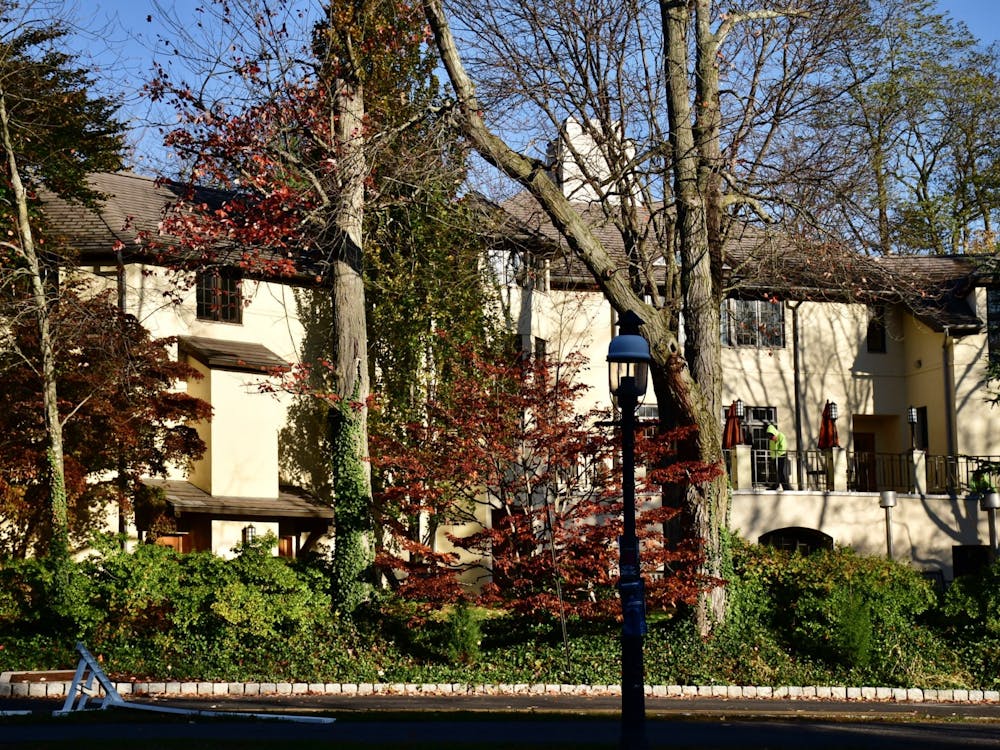In three weeks, the University will extend admissions offers to the newest batch of Princetonians, and if the trend displayed in recent years holds true, the pool of accepted students will be the most diverse in the University’s history. All prospective students will have demonstrated strong academic capacity and diversity of experiences to the admissions committee — hence their admission to the University — but not all are necessarily prepared for some aspects of Princeton’s unique academic environment. Accordingly, the University hosts multiple programs meant to support first-generation students, students from high schools with fewer resources and students who will face particularly rigorous coursework during their first year. One such program is the Freshman Scholars Institute (FSI).
FSI is a seven-week summer program that brings about 80 incoming freshmen to campus the summer before they are set to begin their academic careers at Princeton. Students invited to participate in the program are typically the first in their families to attend college, graduated from high schools that offered relatively limited advanced coursework and will likely face challenging circumstances during their first semester at Princeton, such as balancing an engineering course load and varsity athletics. The Editorial Board recognizes that FSI is an effective program to meet the needs of particular demographics of students and supports the Priorities Commission’s recommendation to further support the program by adding an additional administrator. The Board further recommends that certain aspects of FSI should be developed in order to foster effective inclusion. Consequently, the Board calls on the Office of the Dean of the College to expand FSI and to create an application process for students not specifically invited to attend the program. Additionally, the Board calls for the establishment of a mentorship program for all FSI-eligible students to help them more smoothly transition from their home communities to Princeton.
First, the Editorial Board recommends that the University expand the size of the FSI program and modify the total enrollment cap of 80 students. The Board understands the value of a small community but feels that the benefits afforded to new students would be greater than the costs felt by those who would have been selected with the cap in place. Moreover, community-building activities can still be arranged by residential college advisers and residential graduate students for smaller communities within FSI. Additionally, the Board recommends that all matriculating students be presented with information about and the opportunity to apply to FSI. Some students who do not specifically fit the FSI selection criteria may nonetheless benefit from participation in the program. There should be a means by which these students can demonstrate their belief that FSI will better prepare them for Princeton.
Second, the Board proposes a voluntary mentorship program for students who were invited to FSI or who applied for FSI. While FSI does an excellent job of preparing students for the rigor of a Princeton introductory course, students enrolled in four courses for the first time during their fall semester would benefit from the additional support structures offered by the program. FSI candidates face unique challenges when they arrive at Princeton that the typical support structures in place for freshmen are not always equipped to address. One of the best ways for a new freshman to understand how to confront and overcome the challenges of Princeton is to pair him or her with a successful Princeton student who participated in FSI before his or her freshman year and who has since thrived. A formal program can be especially meaningful for students who have trouble meeting peers with similar experiences and face challenges finding upperclassmen mentors through traditional means, such as shared high school affiliation or extracurricular involvement.
If Princeton intends to sufficiently meet the needs of every student to whom it offers admission, the University must do more to help acclimate accepted students who would thrive with additional preparation. By expanding FSI and forming a mentorship program, the University can maximize opportunities to support young scholars from every background.
TheEditorial Boardis an independent body and decides its opinions separately from the regular staff and editors of The Daily Princetonian. The Board answers only to its Chair, the Opinion Editor and the Editor-In-Chief.







